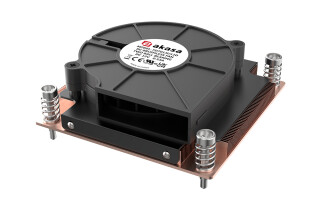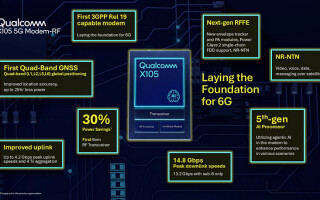Internet of Things hands over energy management to energy and cost conscious organizations
September 20, 2017

Cost-cutting structures and other initiatives for creating a smarter city can be easily implemented more powerfully than before by the energy industry with the help of the IoT.
Energy management has been at its epoch-making stage of evolution for a long time. However, with the advent of the Internet of things (IoT), this evolution has received its reward, as energy management is now able to exercise a tighter and deeper control. With a gamut of sensors and other IoT devices in place, energy management services can be effectively facilitated.
No doubt, the IoT is expected to be massive in the foreseeable future as millions and billions of utility-managed connected devices, smart lights, and smart meters are introduced to the market. China alone is anticipated to invest a colossal amount of revenue in smart grid spending. By the next year or so, new connections in the IoT are expected to be made on a daily basis and the adoption of connected things is predicted to soar by 2020, according to a recent market report.
Role of IoT in creating smart buildings and cities
The prevalence of the IoT in the segment of smart buildings will become deep-rooted and broader because of its support to the energy sector. Cost-cutting structures and other initiatives for creating a smarter city can be easily implemented more powerfully than before by the energy industry with the help of the IoT’s controllable and responsive granular features.
The Smart Building Management System (SBMS) developed by the joint efforts of Elitegroup Computer Systems (ECS), Tatung Company, and Intel is a fine example of how the IoT can be employed for promoting an increased level of building management. SBMS is purported to offer a whole new set of tools to enhance the effectiveness of existing building management activities. The partnership is envisaged to offer 20 to 30 percent of annual savings to an ECS building through SBMS. The deep link between energy and the IoT is also evident through the innovations delivered by General Electric (GE).
How intimate is the relation between IoT and energy?
GE has made headlines with the introduction of its two companies, Predix and Current, which are an example of the seamless and most coveted synergy between the IoT and energy solutions. While Predix is envisioned to provide a family of software and hardware that can be more profitable, efficient, and reliable, Current could used to fulfill the unique requirements of municipal, industrial and commercial, and utility clientele. These two products have revealed where the bond between the IoT and energy efficiency is heading.
Predix, a cloud-based platform-as-a-service (PaaS), can be implemented to give value to the data produced by the IoT and also efficiently process it. Current, on the other hand, can be utilized for channelizing that horsepower exclusively for initiatives pertinent to energy. In fact, it is deemed to be so significant that GE has already enveloped its battery business into Current. Capable of reducing power bills by almost 10 to 20 percent, Current has made agreements with giant companies such as Intel, Hilton, and Walgreens.
The world is prophesied to be under greater control of the Internet in the near future, and energy is no exception. IoT gadgets such as sensors will allow mammoth savings to take place and enable pronounced control. That day is not too far when energy will be largely optimized by Brains in the Cloud.




